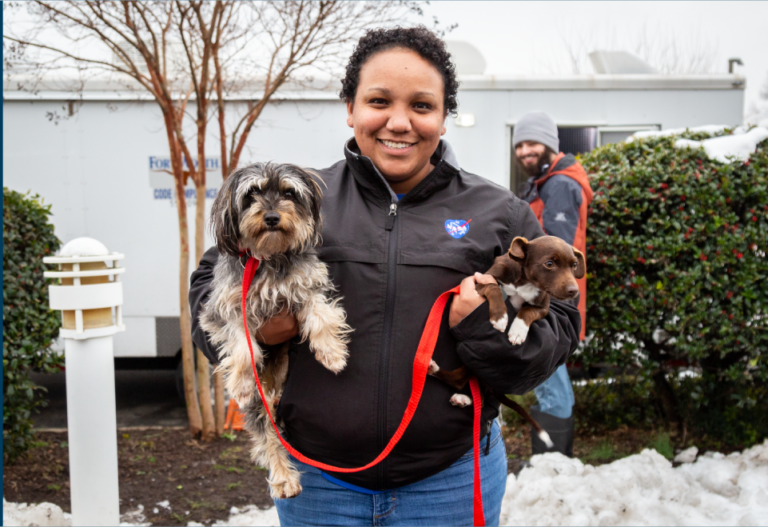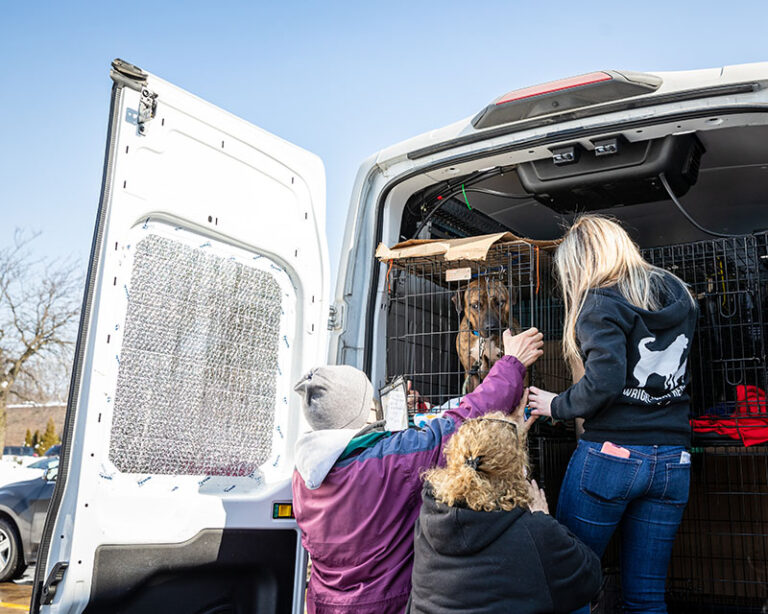Well, it’s that time of year again. Kitten season. You’re either in it already, or the kittens are coming.
You don’t need us telling you how hard kitten season is, especially in these very challenging times.
The good news is we have a lot of tools and resources that will help you communicate with and engage your community, in the work of saving cats’ and kittens’ lives.
6 Tips for Building a Barrier-Free, Inclusive Foster Base
When the ASPCA launched its LA Foster Program in 2017, a first priority was creating a kitten fostering program accessible to anyone who wanted to help.
“We also dedicated our efforts to supporting a successful foster experience by focusing on 4–8-week-old kittens who were still at risk in the shelter and yet were an easy group of kittens for new fosters to care for,” writes Debra Olmedo, a Foster & Community Outreach Manager for the ASPCA, and Nadia Oseguera, Sr. Manager of Foster Care at the organization.
In this blog, Debra and Nadia provide easy-to-implement, actionable tips for creating a customizable kitten foster program and engaging a more inclusive foster base.
Check out these other blogs on recruiting kitten (and other!) fosters:
- How One Shelter Recruited 2,000 Fosters in a Year and a Half
- Foster On Deck – It Really Works!
- How to Make Your Fosters Know They Are Appreciated
- 6 Tips to Bring in Adopters and Fosters
- Plea to Fosters and Volunteers to Spread the Word About Urgent Needs for Fosters
- Recruit More Fosters Now in Seven Simple Steps
Here’s How to Get Free Expert Help With Your Kitten and Cat Programs
Do you want to save more kittens in your care, and in your community, but aren’t sure how? Reach out to our shelter support team! This mighty team can help shelters and rescues solve problems and build programs that will make a real difference, and they do this work for free.
Kitten lifesaving is just one thing they’re available to advise on. As National Shelter Support Director Jordana Moerbe put it in a recent blog, this team’s job is to work with any shelter in the country to “help them figure out what they need and how we help them.”
Share These Helpful Infographics
When people see kittens in their neighborhoods, they want to help—and we love that! The problem is that often the first instinct is to bring the kittens into the shelter, even though in many cases the better way to help is by leaving them with their mom until they’re old enough to be fixed and vaccinated (while keeping an eye, to make sure no one’s injured, sick, abandoned, or orphaned).
That’s why we created this series of graphics about how most kittens don’t need rescuing—and how to identify the ones who do!
It’s got clear, easy-to-understand messaging, and we made it for shelters and rescues to share with your communities.
Here’s a second set of graphics about how to support shelters during kitten season for you to share, too!
“Littermate Syndrome” Myths Busted–You Don’t Need to Adopt Out Pets in Pairs
Does your shelter adhere to that old myth that kittens have to be adopted in pairs? If so, read this blog and put this myth to bed, along with any adoption policies that are driven by it, and lead to kittens and other pets remaining in your shelter instead of being adopted into homes.
These other blogs on adoption barriers and how you can bust them, will also help you get pets into homes instead of staying in the shelter when they don’t have to be there:
- Reduce Adoption Barriers & Get Pets Into Homes! An FAQ to Making It Happen
- Rescue Groups Are Removing Barriers to Adoption, Too
- Overcoming Adoption Barriers: Where Marketing Meets Policy
Communications Kit: Cats And Kittens
Use this free and fully customizable communications kit to help keep your community informed about and engaged with the humane and effective programs that support both free-roaming and owned cats.
The kit, created by HASS and HeARTs Speak, contains a broad collection of editable graphic templates, media pitches, sample social media posts, and other resources built to help you introduce and spread the word about programs that support cats, kittens, and cat caretakers.
Bonus: We have a whole year’s worth of communications kits for you to use! Many beyond the Cats and Kittens kit will also be useful in kitten season—especially the one on Foster Programs, and the Space Crisis kit.
What Home Means for Cats: Working Together to Keep More Cats Alive and Thriving
This webinar is an oldie but a VERY goodie. Cat expert Monica Frenden-Tarant and Dr. Kate Hurley, co-founder of the Million Cat Challenge and Director of the UC Davis Koret Shelter Medicine Program, go deep on why it’s best for cats to be returned to their homes (even if the cats are friendly, and the homes are outdoors), and how to get communities engaged and on board.
Here are some more must-watch cat webinars for anyone who works with cats and kittens, and/or who’s communicating with the public:
- How Understanding Lost Cat Behavior Can Keep Them Out of the Shelter and Get Them Back Home Faster
- Overcoming Legal Barriers Around Community Cats: Live Q&A
- Let’s Talk About Cats
- Traditional to Innovative: The Future for Cat Intake at Shelters sponsored by Best Friends
But wait there’s more!
Other organizations have also put out terrific kitten season materials for you to use—here are a few of our favorites:
- HeARTs Speaks’s Kitten Season Marketing Toolkit
- The ASPCA Pro tip sheet: Simultaneously Message Kitten Foster Recruitment and Leaving Healthy Kittens in Place
- The Managing Community Cats toolkit from HumanePro
- The Maddie’s Pet Forum Kitten Season Resource Drive
- Alley Cat Allies’ Kitten Season Bundle
Are you trying something new to save lives during kitten season? Do you have an idea for a blog? Reach out at marketing@americanpetsalive.org!






